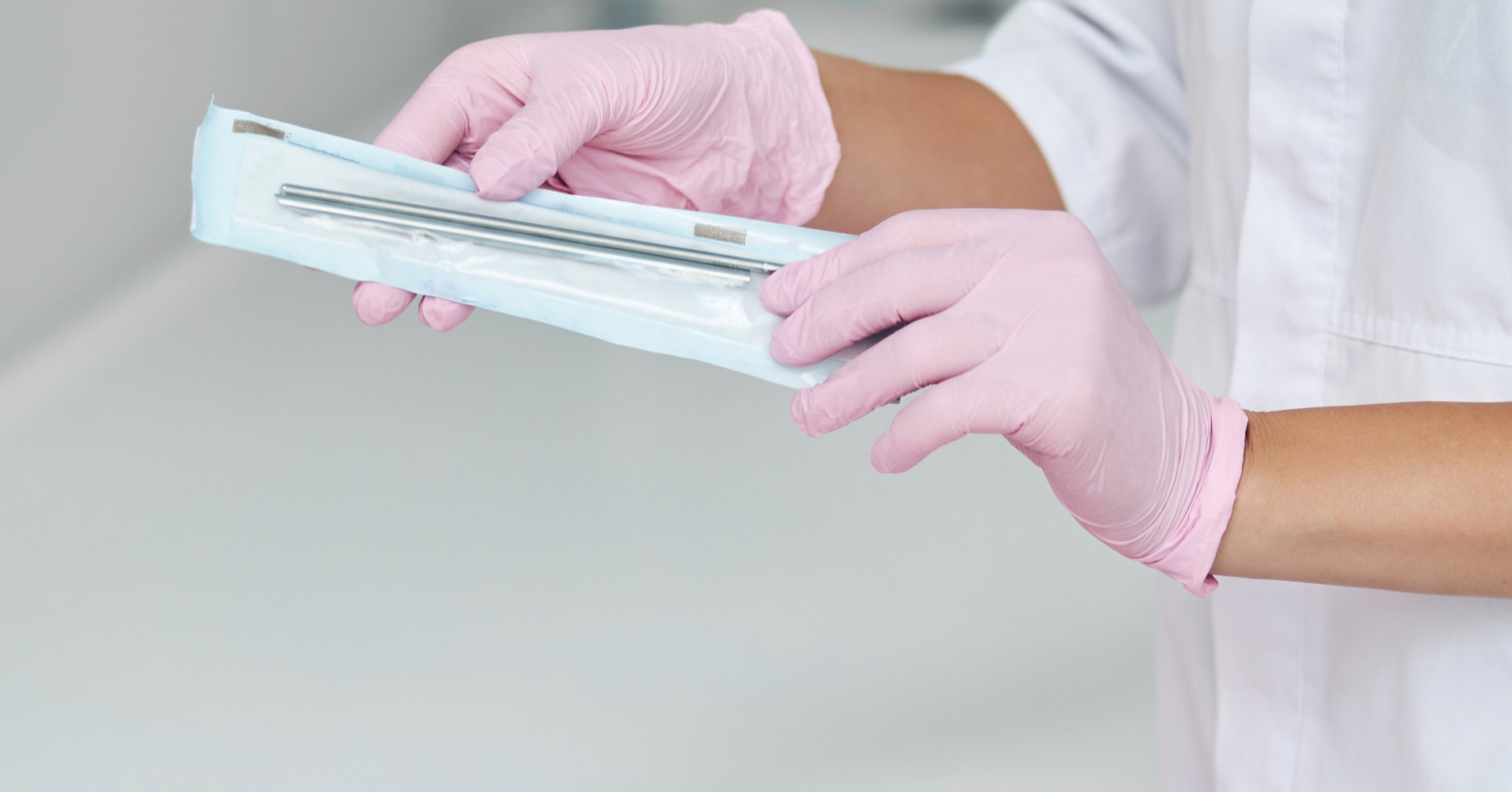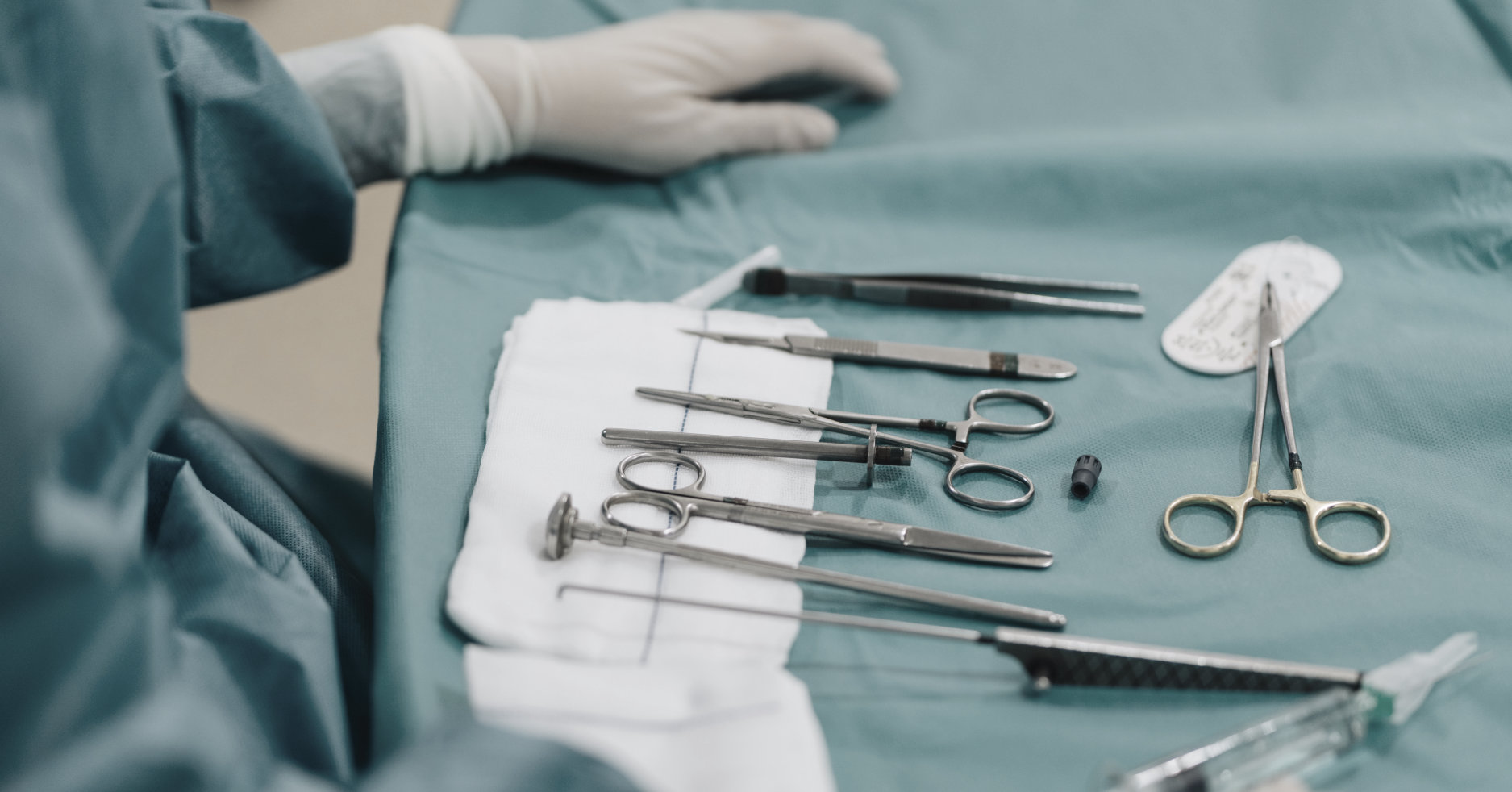
Tempo de leitura:
3min
There is a risk of contamination by pathogens when dealing with bodies or biological materials after death. Sterilisation is essential to protect relatives and the community in general. This is mainly done by means of heat, chemicals or radiation.
Sterilisation is extremely important in the funeral industry because of the risk of contamination and the spread of communicable diseases and to prevent the development of infectious diseases for funeral workers when handling bodies or remains. Sterilisation procedures in the funeral industry can include the use of chemical substances, heat, radiation or other specific methods to eliminate microorganisms and reduce the risk of contamination. During funerals and other burial practices, funeral staff are in close contact with the body, which can lead to exposure to pathogens.
To ensure a safe environment when dealing with remains, it is essential to comply with public health and safety protocols. In addition, sterilisation also helps to properly preserve the body, preventing accelerated decomposition and ensuring the safety and respect of the remains. During the COVID-19 pandemic, sterilisation has become even more important in the funeral industry in order to guarantee the safety of workers and limit the transmission of the virus. In addition, safety protocols, such as the use of appropriate personal protective equipment (PPE), were also key to reducing the risk of contagion during the handling of bodies.
In healthcare environments, there are strict regulations on the sterilisation of instruments to guarantee the safety of the patient or their workers. Failure to comply with these regulations can result in legal consequences.
Prodáver has two excellent pieces of sterilisation equipment. The dry autoclave steriliser for sterilising stainless steel instruments in funeral parlours and the bactericidal steriliser with an 8W ultraviolet lamp. Drawer with a capacity of 5 litres for storing instruments.




